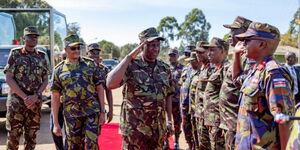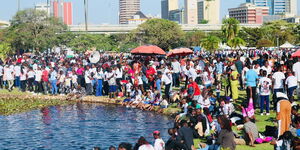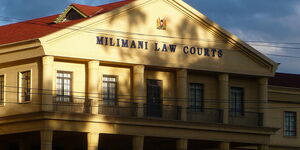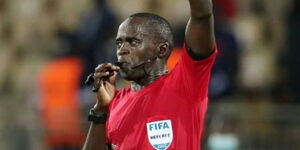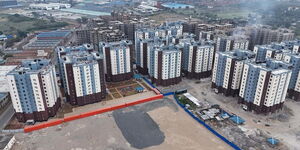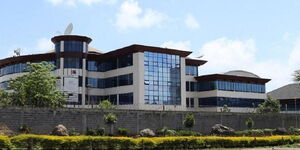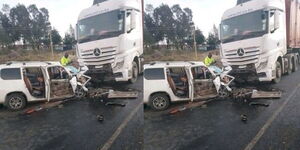JM Kariuki was a controversial man from when he was born in 1929 to when he met his untimely end in 1975.
The man alleged to have been a playboy and an incurable gambler was raised as the only boy in a family of 5 siblings.
He was forced to drop out of school because of lacking fees and had to get a job at a settler's farm to make ends meet. This was until 1946 when he won a bet he had placed on a horse in the Nakuru Horse races.
Using the proceeds of the bet, he enrolled himself in school, then joined the Mau Mau, and when independent Kenya became a reality, he got into government.
While they initially were good friends with Jomo Kenyatta, the two were to fall out eventually after JM questioned the elite chokehold on resources in the form of unbridled annexation of land.
Kariuki's cry to the ruling class in the 70s to limit the vast lands that they held at the expense of the poor endeared him to the local Kenyan, but it was also what turned him into an enemy with the ruling class.
"We do not want a Kenya of ten millionaires and ten million beggars. Our people who died in the forests died with a handful of soil in their right hands, believing they had fallen in a noble struggle to regain our land... But we are being carried away by selfishness and greed. Unless something is done now, the land question will be answered by bloodshed."
These were the words that JM Kariuki uttered when he reportedly addressed a group of supporters in one of his banned rallies in 1974 as quoted in Simiyu Wandiba's 2001 book JM Kariuki.
Not long after, 700 acres of wheat on Kenyatta's land in Rongai were set on fire and the cattle maliciously slaughtered. That was the beginning of the end for JM.
Soon after the burning incident, rumours are said to have emerged about JM Kariuki recruiting youth and facilitating for them to be trained as guerilla fighters in Zambia. The source of the rumours also alleged that the group was talking about bombs.
When in February 1975 two bombs planted by the Special Branch exploded in Nairobi, Kariuki became the obvious suspect. Getting increasingly stressed by the events of the time, a doctor recommended that JM take time off and rests.
Taking heed, he had a female friend by name Elizabeth Koinange anonymously book two bus tickets for her and JM to secretly travel to Mombasa on a Friday night.
On the material day, the Daily Nation reported that a friend advised JM that he was secretly followed and his phone monitored, therefore he should not travel to Mombasa. He did not.
Minutes before the OTC bus he was to travel in left Nairobi, a bomb exploded inside killing 27 of the passengers.
His last moments alive, however, were at Hilton Hotel, 48 hours later, accompanied by Kenyatta's bodyguard, on March 2, 1975. He had reportedly gone to collect a balance of $340 (approximately Ksh35,254 i today's exchange rate) from a check he had cashed there earlier.
An assortment of police and gangsters then entered the hotel and took away Kariuki in a white car as commandant the of GSU Ben Gethi looked on. As it drove away, four other vehicles fell into line around It.
His remains were found beside the Lake Magadi road, his body burnt and left on an anthill. His death was received with widespread anger. His body was later dumped in City Mortuary, labeled as "unidentified Luo thief."
It was identified by his wife who had been tipped off by an unknown person to look for JM in the morgue.

